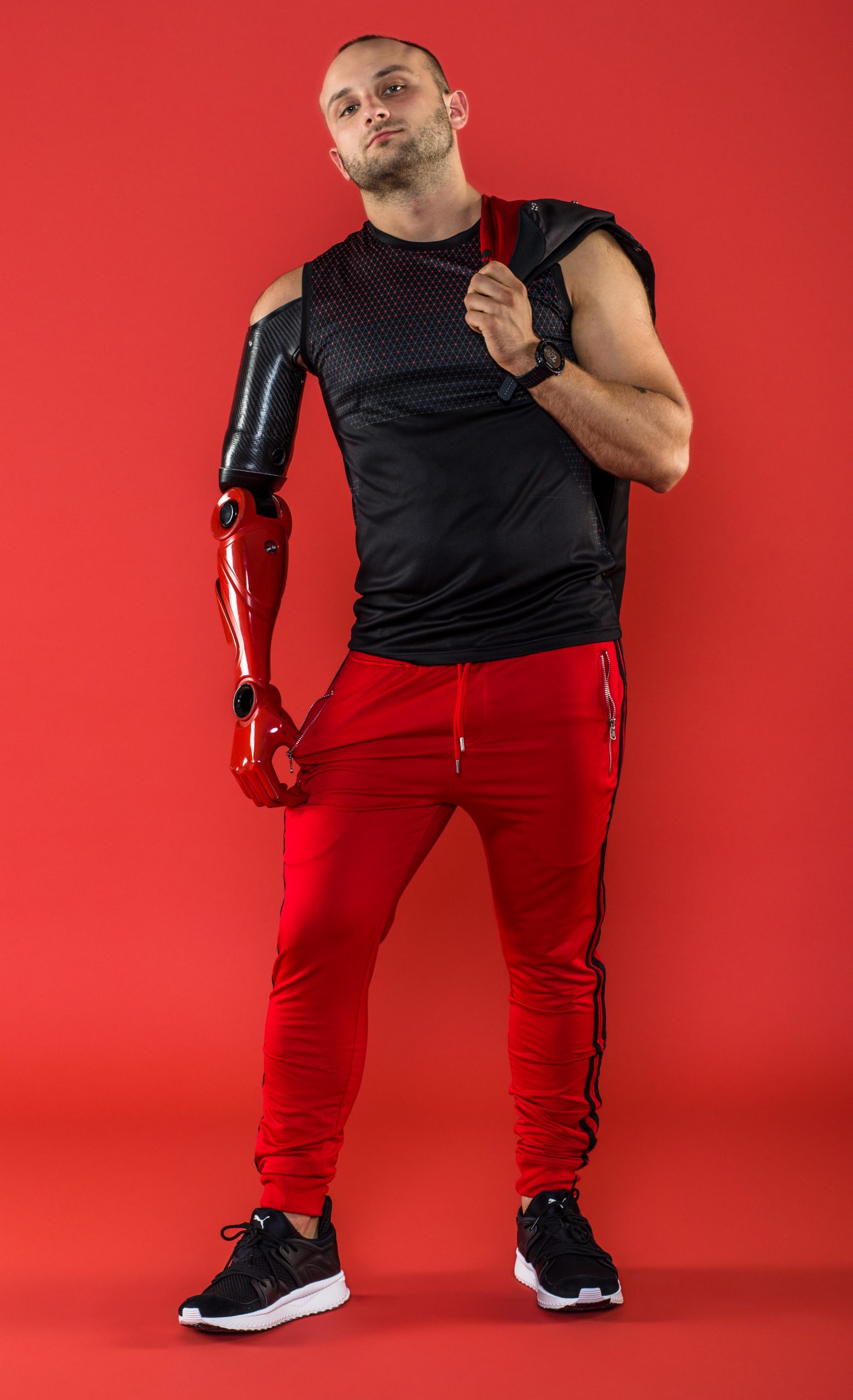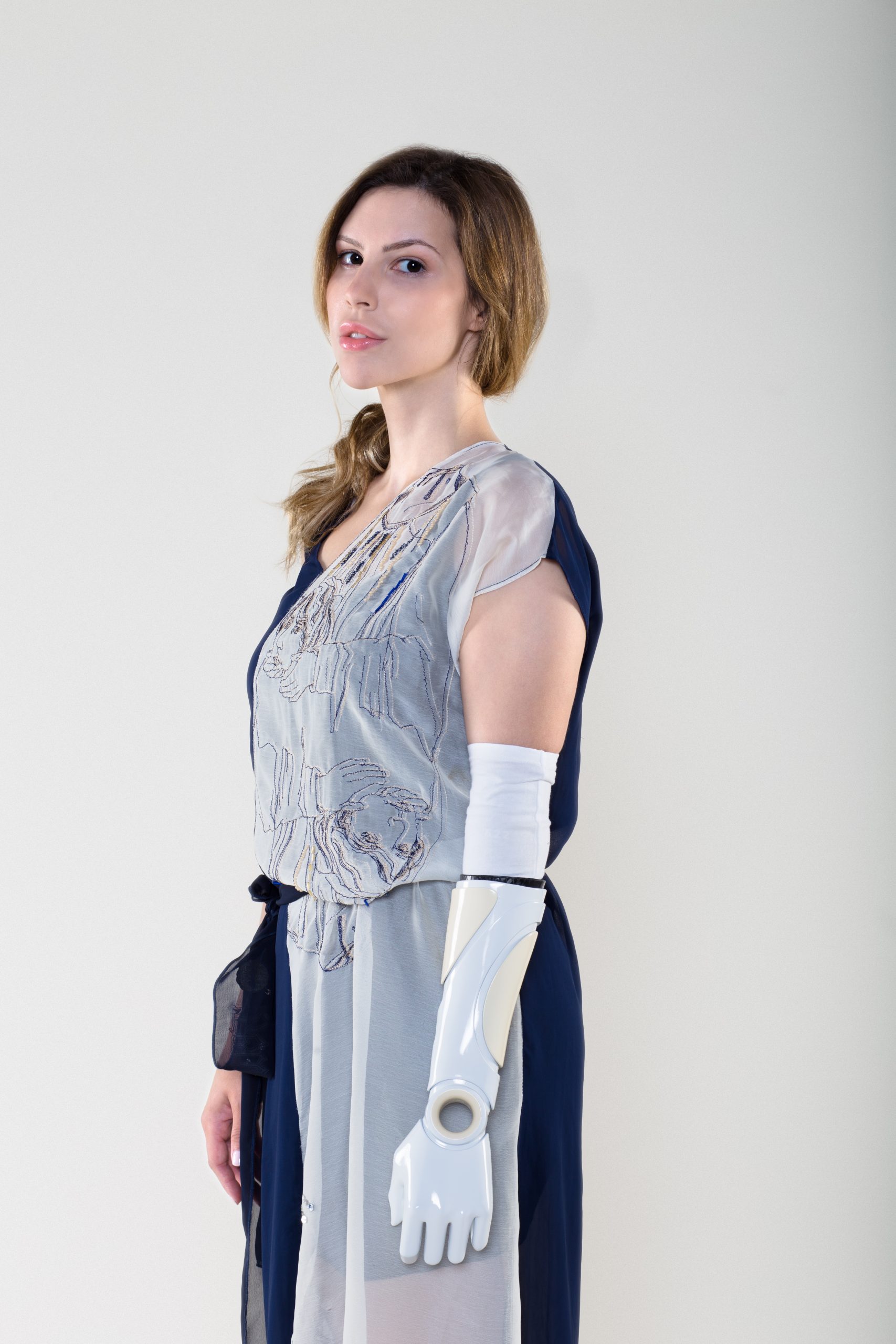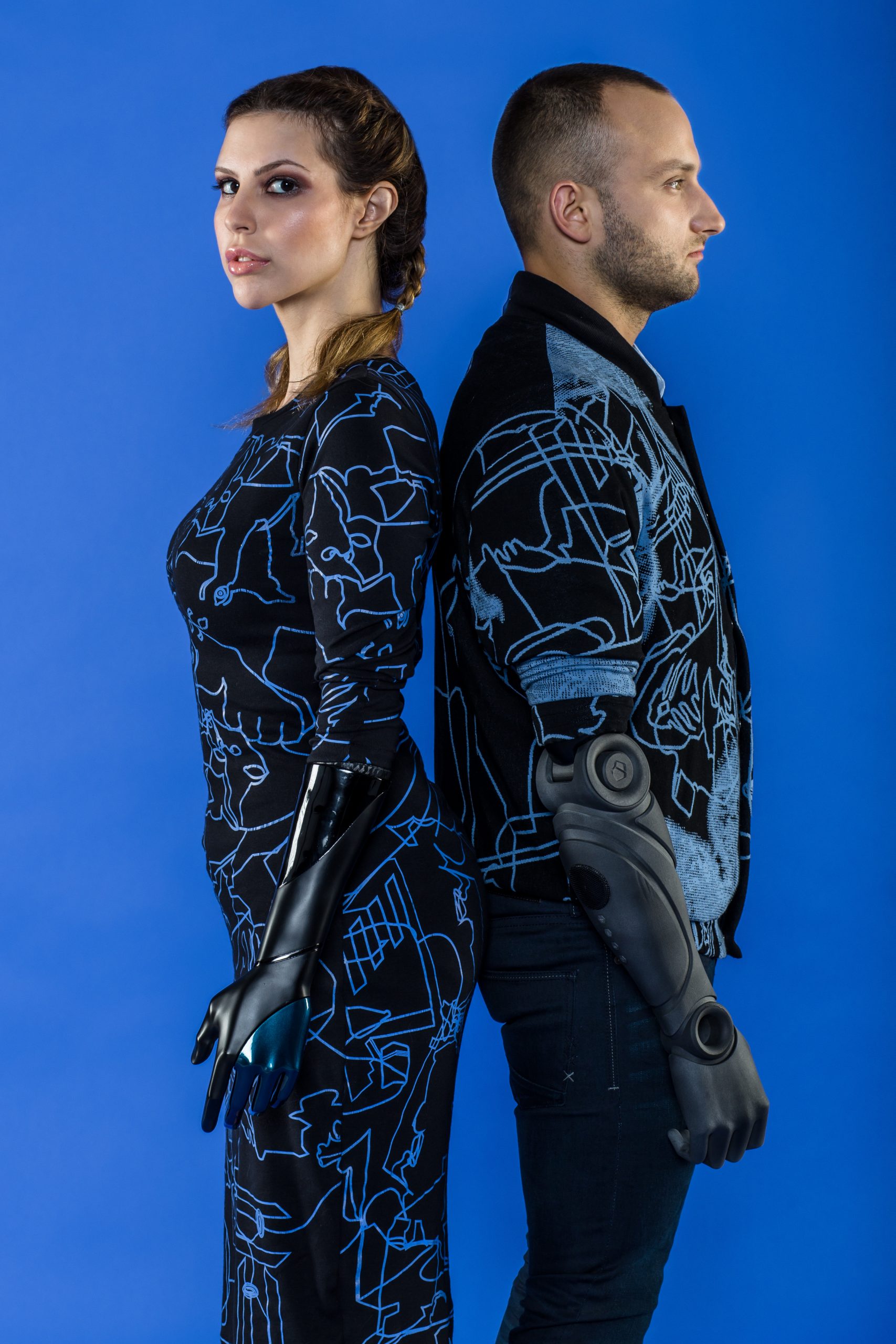Glaze Prosthetics, a Polish manufacturer of personalized prosthetic arms, has brought its entire 3D printing production process in-house with the addition of a Multi Jet Fusion (MJF) 580 Color 3D printer from 3D printer OEM HP.
Investing in the machine has enabled Glaze to digitize its production processes and work directly with clinicians to speed up previously lengthy workflows. The MJF 580 will also allow Glaze to produce and deliver customized prosthetics within a seven to 14 days turnaround.
“Everyone wants to be part of the digital revolution, yet the prosthesis industry is one which is not traditionally born into digital,” said Franek Kosch, Co-founder of Glaze Prosthetics. “With the help of HP’s 3D technology, Glaze is democratizing digital workflows and giving everyone a chance to be a part of this new revolution.”

3D printed prosthetics
Glaze Prosthetics was founded in Krakow, Poland, in 2017, after one of its founders 3D printed a customized prosthetic arm for a friend. Having identified a gap in the market for amputees wanting a light and durable prosthetic arm that could be customized, the company has since grown to boast a worldwide customer base.
Glaze previously worked with an external service provider using a HP MJF 4200 printer to produce its orders, but as the business has grown the firm saw the economic benefits of moving its entire production in-house. The company is now supposedly the only one in the world that allows patients to choose the model, color, and finish of their prosthetics, as well as giving them the option to design and order them online.
Additive manufacturing has been increasingly leveraged to produce customized, lighter weight prosthetic limbs. Formlabs’ Form 1 3D printer has been used by advanced prosthetics manufacturer Partial Hand Solutions (PHS) to optimize its artificial limb manufacturing process, while scientists from the Israel Institute of Technology have developed an automated production line for printing low-cost customized prosthetics.
3D printing has also been deployed to develop prototypes of 3D printed sensor-operated prosthetic arms for toddlers, and to produce personalized breast prosthesis for cancer patients post-vasectomy. Most recently, a mechanical student from TU Delft designed a prosthetic upper-limb socket that can be printed using an everyday FDM system for just €30.

Bringing production in-house
Manufacturing prosthetics can be a slow and long-winded process due to the need to manufacture a variety of components. Glaze Prosthetics invested in HP’s 580 color printer in order to transform its production into one digital ecosystem, and create a new application for the 3D printing of prosthetics.
The technology enables clinicians to take a scan of a patient’s upper socket and upload the measurements onto Glaze’s database, which is then sent to the MJF 580 machine. The printer then produces the prosthetic limb in the right shape, size and color of the patient’s choosing.
The direct color printing element is one of the key benefits of the 580 for Glaze, and helps the company to drastically reduce its post-processing times. The machine is capable of printing the prosthetic in the exact base color required by the patient which significantly reduces the company’s time to market. This allows Glaze to spend more time adding the final hand-painted touches that are fully tailored to the customers design of choice.
Additionally, this time saving also benefits Glaze’s clinician customers who previously spent between 60 and 80 percent of their time going back and forth with Glaze submitting measurements. These measurements are now sent directly to the 3D printer, allowing clinicians to spend more time with their patients.
Aside from the time-saving benefits, Glaze has also seen improvements to the weight and durability of its final products since installing the MJF 580. Each aspect of the firm’s 3D printed prosthetic arm is modular, featuring an elbow system to allow for easy arm movements, as well as a swing system that helps amputees to mimic natural arm movements. With the 580, Glaze is able to produce a bionic hand weighing just one kilogram, reportedly the lightest on the market.
The new application developed in combination with the MJF 580 means Glaze’s customers can receive a finished, fully working prosthetic in around one to two weeks, not only reducing staff costs and time but also enabling the company to achieve fine detail and high dimensional accuracy to ensure an exact fit for the customer.

Nominations for the 2021 3D Printing Industry Awards are now open, have your say who is leading the industry now.
Subscribe to the 3D Printing Industry newsletter for the latest news in additive manufacturing. You can also stay connected by following us on Twitter and liking us on Facebook.
Looking for a career in additive manufacturing? Visit 3D Printing Jobs for a selection of roles in the industry.
Subscribe to our YouTube channel for the latest 3D printing video shorts, reviews and webinar replays.
Featured image shows investing in the MJF 580 will enable Glaze to produce and deliver customized prosthetics within two weeks. Photo via Glaze Prosthetics.


